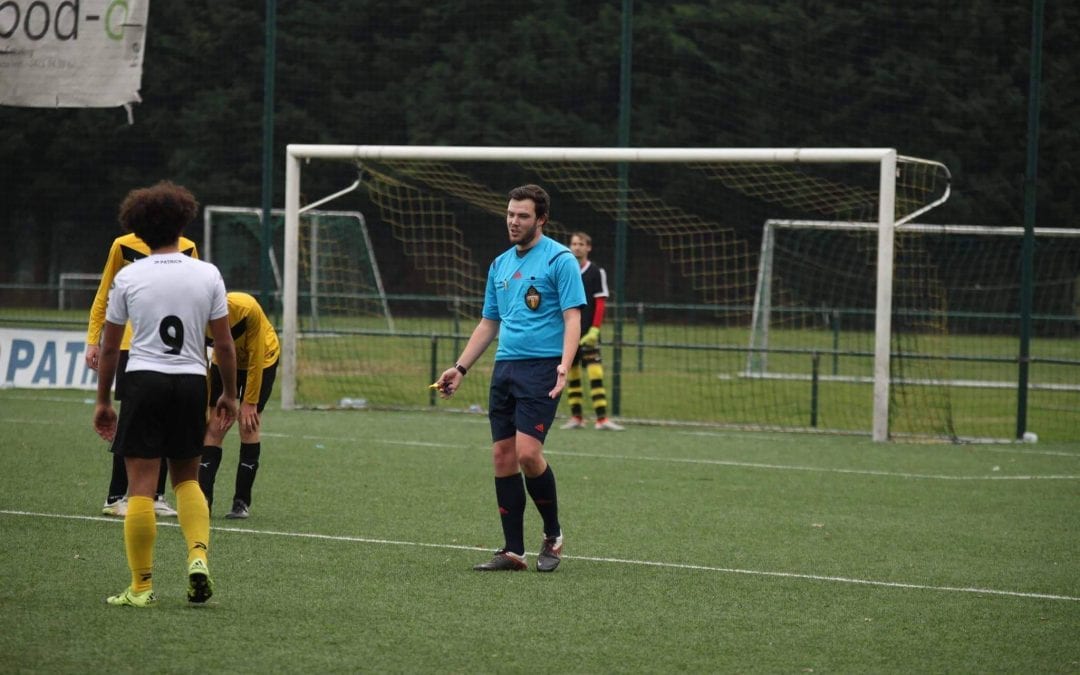I am Mitch Das, better known as ‘Belgianreferee’, and in this blogpost I will give some tips on how to survive in long periods without football. First of all, I hope that everyone is in good health. Times like this remind us of what really matters and sports is not one of them. Stay safe and take care of everyone around you. If everyone takes their responsibility, we will conquer this virus and we will all be back to refereeing soon!
If competitions are shut down we can’t do what we love: refereeing. Nevertheless, we can still use these periods to improve ourselves. In this blog I will give you 5 tips how to improve yourself during periods when competitions are shut down.
1. STAY FIT
Try to keep in shape by doing workouts on your own. Go running or cycling if possible or build a gym at home with the things you find around your house. It is important to stay fit so that we are ready when our competition starts again.
2. LEARN ABOUT REFEREEING
A lot of countries are in lockdown what means that we will be spending more time at home. When you have seen every movie available, you might be interested in watching a documentary or lecture about refereeing. Have a look at how (former) referee share their experience. Here are 3 examples:
- https://www.youtube.com/watch?v=D2HRIa1Q7O0
- https://www.youtube.com/watch?v=xk3WnHa7-pU&t=13s (dutch)
- https://www.youtube.com/watch?v=coK5US8tfK4
3. STAY IN CONTACT WITH COLLEAGUES
Keep in contact with your colleagues. You might not be having games or training sessions together, this doesn’t mean that you don’t talk to them anymore. In my referee convention we organised a skype meeting to keep in touch. Maybe you can try this at your own local FA.
4. LOTG KNOWLEDGE
Maybe this also is a perfect time to freshen up your LOTG knowledge and compete in some LOTG quizzes (from dutchreferee) . You can find the LOTG on theifab.com (the adjustment for 20/21 just came out). If you like reading, I would also advice you to read some referee biographies.
5. ANALYSE YOURSELF
My last and most important tip is to analyse yourself. Ideal would be if one or more games were filmed so you can watch your whole game again and think about every decision you made. What could I have done different or better? This is also a good time to analyse the use of your headset communication system. Most likely you will also remember what your communication was at crucial moments in the game towards players and your AR’s. This item brings me back to a previous blogpost where I gave some tips on how to make agreements with your AR’s before the game. How did these agreements worked out for you? Did you get enough information to make the right decision or would you have liked to be informed more by your AR’s? If this is the case, how can I adjust my pre-match instructions to get that information in the following games? Take your time with these things and try to improve wherever you can.
These are 5 tips you can use to fill up your lockdown time. Hopefully this period will be over soon and we will back on the field doing what we love. Take care!
Best regards,
Mitch Das



